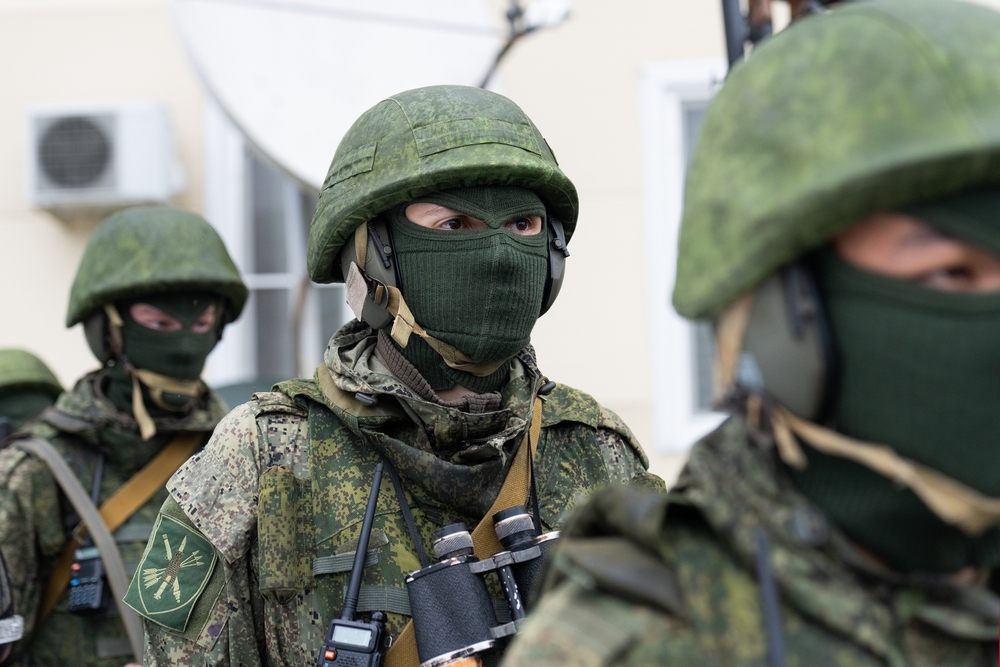Russia is bracing for the return of hundreds of thousands of troops from Ukraine, many of whom have been fighting for several years.
Others are reading now
Thousands of former inmates recruited to fight in Ukraine are now returning home to Russia, many without any formal oversight or reintegration measures in place.
According to news reports, their return has sparked growing fears of increased crime and instability in towns and cities across the country.
A Troubled Homecoming
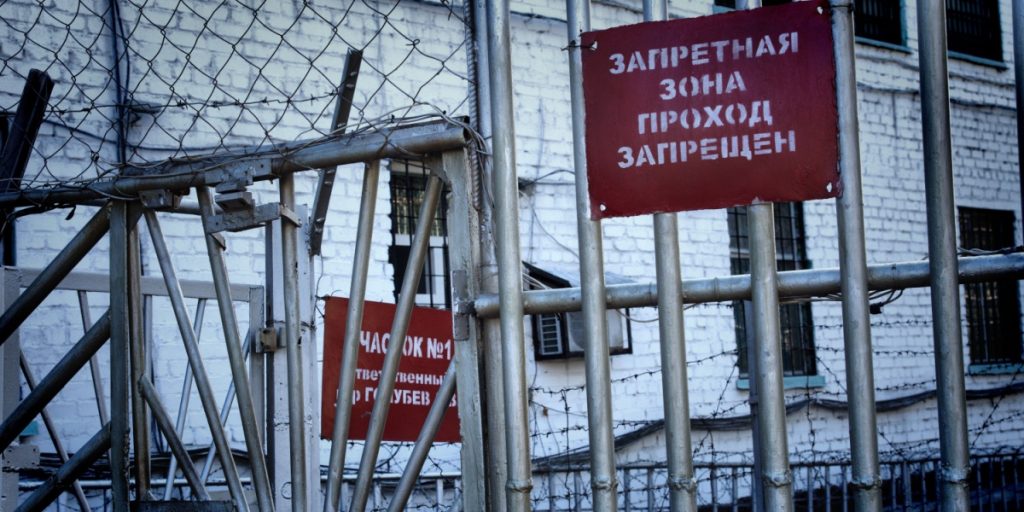
As Russia prepares for the mass return of its troops from Ukraine, fears are mounting over the social impact of reintegrating a wave of fighters, especially those with violent criminal backgrounds.
While many will return to parades and national praise, experts warn that the country is overlooking a more dangerous side effect: a potential explosion in domestic crime.
Criminals Return to Freedom
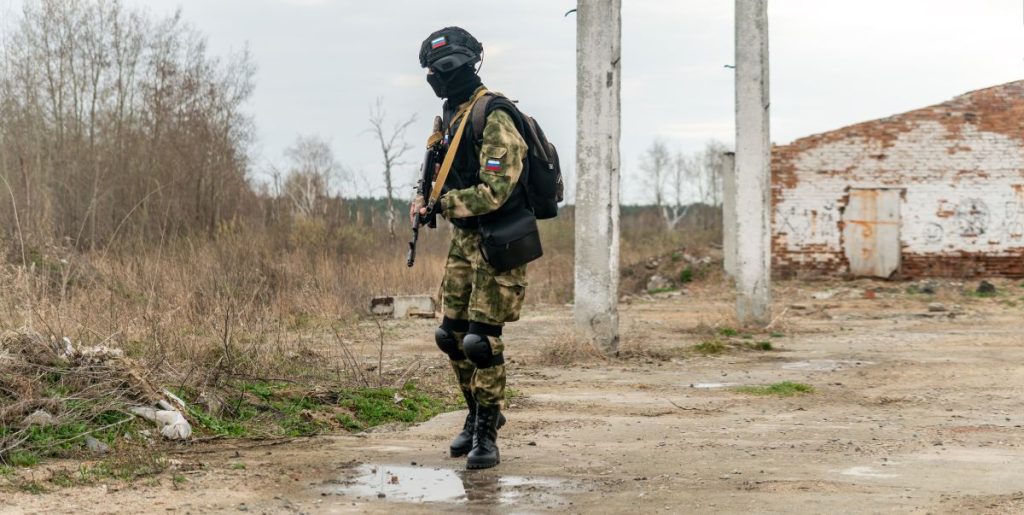
According to a September 9 report by Reuters, particular concern centers on men recruited from Russian prisons under special wartime contracts.
Also read
These individuals, often serving time for serious offenses like murder and armed robbery, were offered freedom and financial compensation in exchange for front-line service.
Thousands Recruited From Prisons
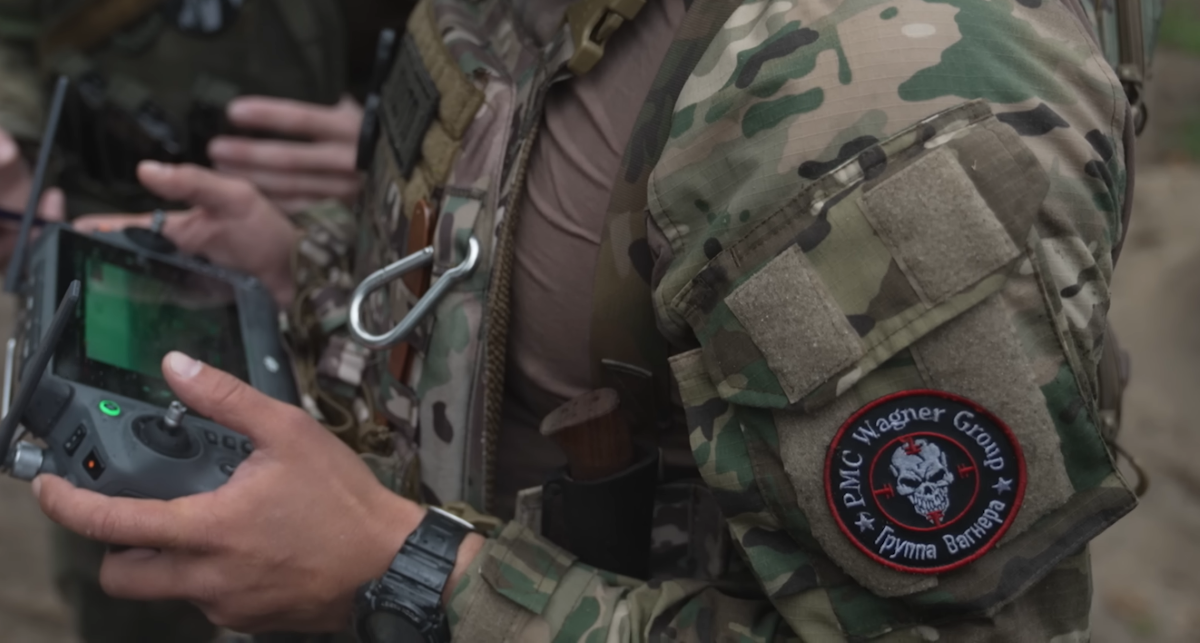
The controversial practice began in 2022, most notably with the Wagner Group’s high-profile campaigns to enlist convicts en masse.
Later, the Russian Ministry of Defense formalized its own prison recruitment drive.
While wartime propaganda celebrated these men as patriots who had redeemed themselves, the consequences of unleashing thousands of battle-hardened ex-convicts into civilian life are now becoming evident.
242 Deaths
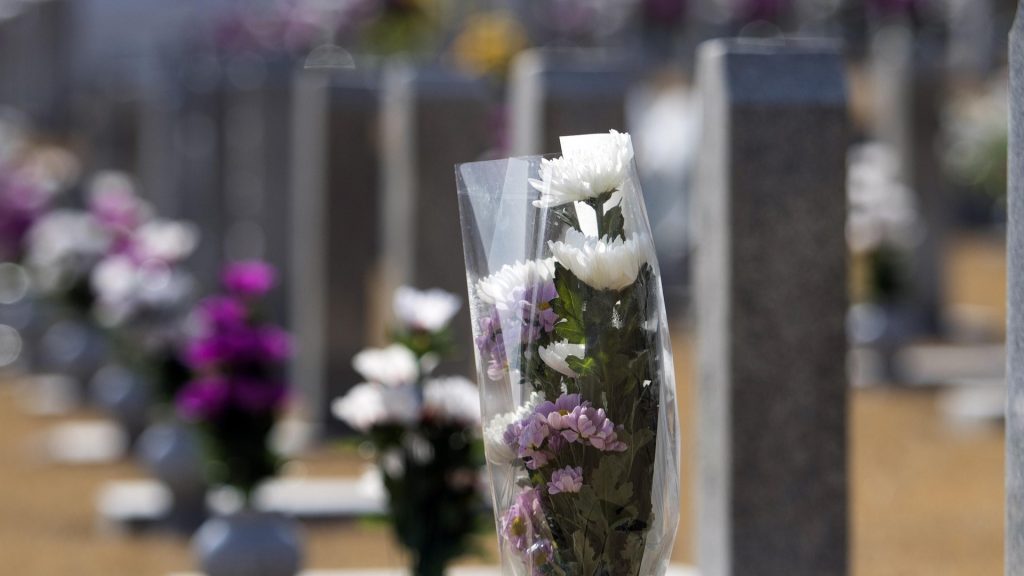
Independent Russian outlet Verstka reported that several of these former fighters have already committed serious crimes, including homicide and violent assault, since returning.
Also read
Their findings, based on open-source reporting and court records, suggest that at least 242 people have been killed and 227 seriously injured by individuals who were previously incarcerated and later sent to war.
No Clear Strategy
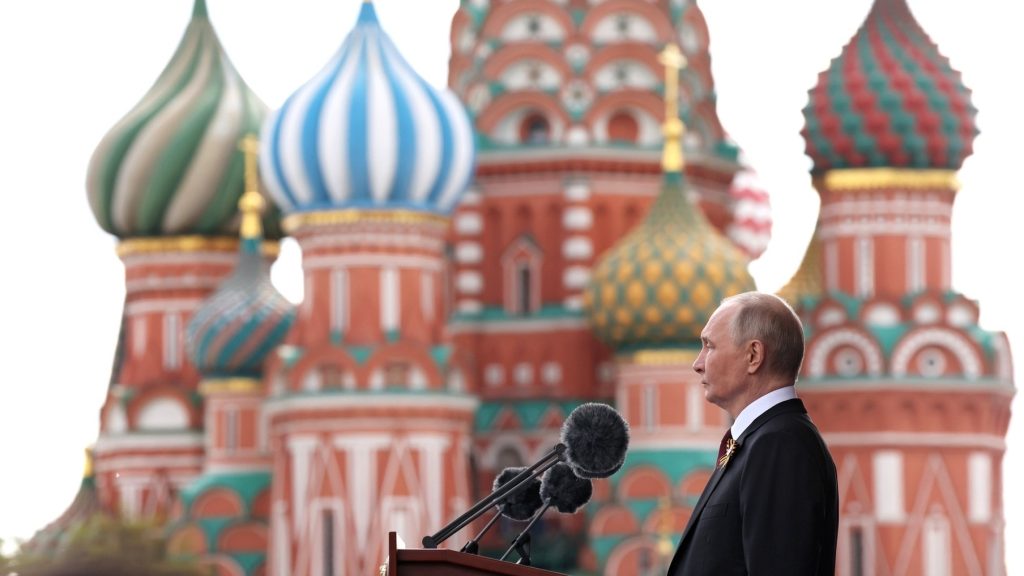
Despite the emerging threat, the Kremlin has not presented a clear reintegration strategy.
There are no public programs aimed at supervising, counseling, or rehabilitating these men, many of whom return with no employment prospects and significant psychological trauma.
“Authorities Prefer Not to Think About It”

Alexander Baunov of the Carnegie Russia Eurasia Center told Reuters:
“The return of such a huge mass of people from the front is a problem the authorities prefer not to think about.”
Also read
This reluctance to engage in planning, Baunov suggests, may stem from the political sensitivity of acknowledging the scale of prison-based recruitment and its aftermath.
Case in Point: A Village Massacre
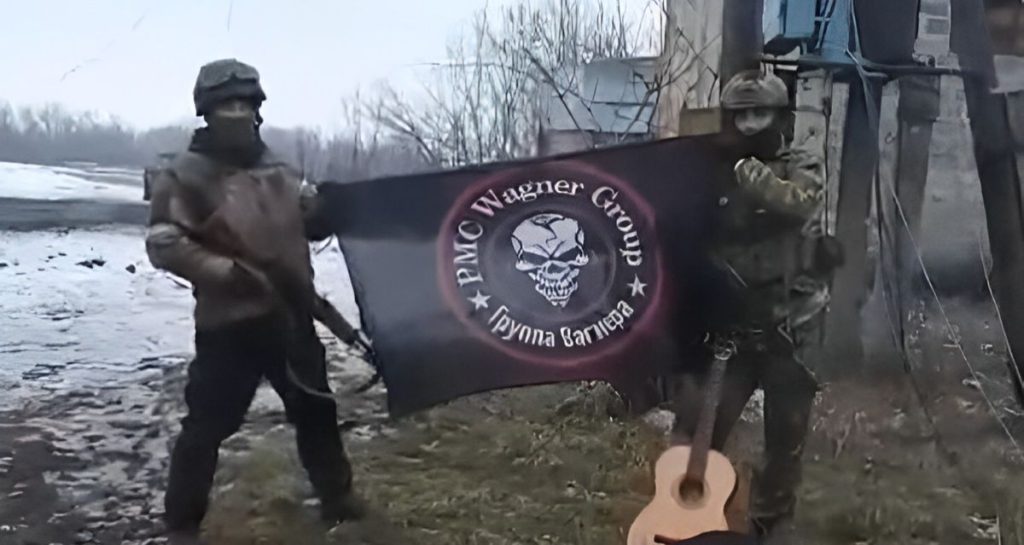
One of the most chilling examples cited by Verstka involved a former Wagner mercenary who murdered multiple people in a village in the Kurgan region, just months after returning from the war zone.
Such high-profile cases, though still isolated, highlight the potential risks of letting thousands of ex-convict soldiers re-enter Russian society without oversight.
Human rights groups have raised alarm bells for months, calling for greater transparency and support systems to prevent recidivism.
Yet so far, Russian leadership has remained largely silent.
Also read
The Numbers Could Get Worse
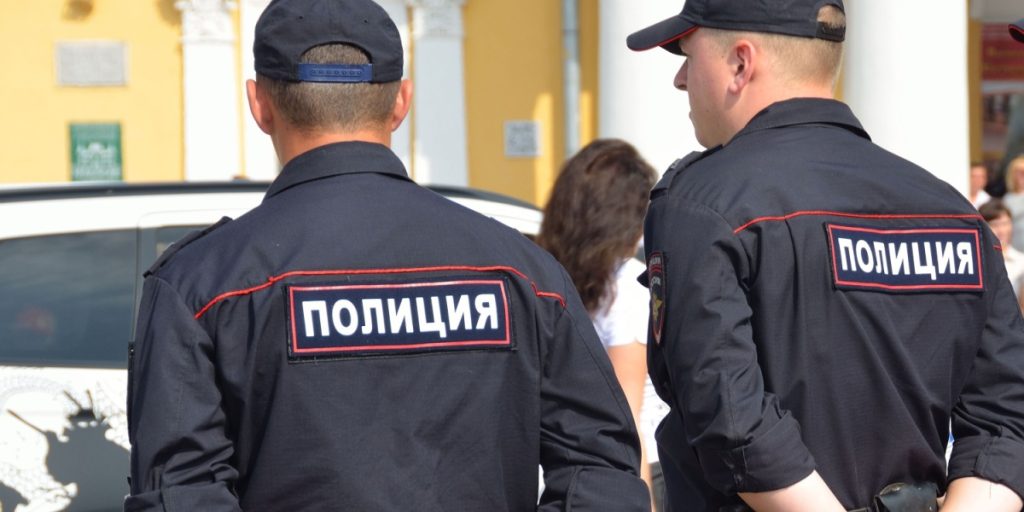
According to analysts, the situation could escalate dramatically as more ex-convicts complete their tours and return home.
With Russia continuing to cycle troops in and out of Ukraine, the pool of returning former prisoners is likely to grow in the coming months.

